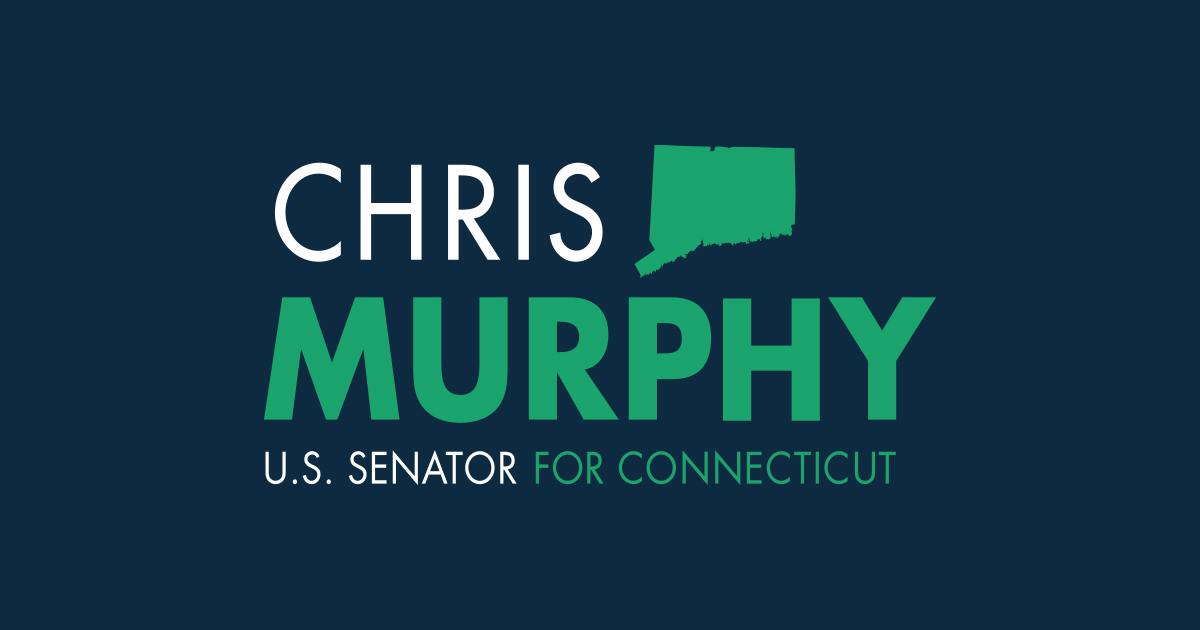Source: United States Senator for Connecticut – Chris Murphy
WASHINGTON—U.S. Senator Chris Murphy (D-Conn.), Chairman of the U.S. Senate Foreign Relations Subcommittee on Near East, South Asia, Central Asia and Counterterrorism, on Tuesday chaired a nominations hearing for U.S. ambassadors to Oman, Lebanon, Ethiopia, Sierra Leone, and Uganda. During the hearing, Murphy discussed anti-LGBTQ legislation in Uganda, the Tigray War, and U.S. policy on Lebanon.
Murphy highlighted the importance of the United States continuing to prioritize the issue of Uganda’s attacks on the LGBTQ community in a question to William Popp, nominee for U.S. Ambassador to Uganda: “The parliament passed legislation in March that goes further than making same sex relations punishable by life in prison, which is an effect of the 2014 law. It now creates a new offense of aggravated homosexuality that is punishable by death. And by making the promotion of homosexuality punishable by up to 20 years in prison. It would criminalize failing to report knowledge of individuals engaged in homosexual conduct… I don’t think it’s enough to raise the general concern about fair treatment of individuals, regardless of sexual orientation, race, ethnicity inside Uganda. I think you’ve got to pay special attention to this just abnormally vitriolic and dangerous attack on LGBTQ individuals.”
In a question to Lisa Johnson, nominee for U.S. Ambassador to Lebanon, Murphy highlighted the effectiveness of the Lebanese Armed Forces: “Every time I go [to Lebanon] I’m more and more impressed at the capability of the armed forces and their willingness, often at great risk to themselves, to put themselves in between the factions inside that country that often are very close to coming to significant long term conflict. They have stood up for protesters, protected the right of people to provide their views, and they also are really one of the few things that stands in between Hezbollah having even more control of the security environment than they do today.”
On countering Hezbollah’s propaganda capabilities, Murphy said: “[The United States] put on the table this very innovative program to try to get gas delivered to Lebanon from Egypt. And this was an initiative that the United States was leading on, and yet it was a liability for us when [I and Senator Van Hollen] were there because Hezbollah had let people know that, in fact, it was the United States that was stopping this initiative, that the Caesar sanctions were the only thing standing in the way of Egyptian gas getting to Lebanon. And that was the narrative that was the dominant narrative. Not that the United States is trying to find innovative, creative means to get gas to Lebanon, but that the United States is standing in the way of gas getting to Lebanon. It just feels to me that we are completely outgunned and outmanned when it comes to Hezbollah’s effort to spin a narrative compared to our embassy and our State Department’s ability to tell the real story of what’s going on.”
On U.S. support for Prime Minister Abiy Ahmed, Murphy asked Ervin Massinga, nominee for U.S. Ambassador to Ethiopia: “We go from Nobel Prize to civil war within 12 to 18 months. We’re celebrating him as a statesman who’s willing to set aside grievance to make peace with his neighbors. And some critics of our policy will say that we kind of misread the core political dynamics in the country and that our support for Abiy ended up underwriting his confrontational approach with his rivals, including the TPLF. And so I just wonder what you think in hindsight? Was our assessment of Abiy off? Did we make a mistake to make this bet? Did we end up providing him with cover to allow him to engage in the kind of tactics that have gotten us to this sort of moment of crisis?”
###
